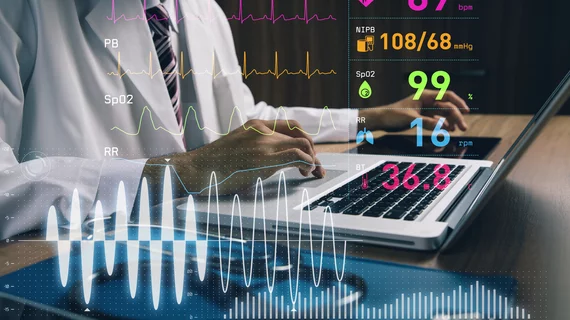Humana partners with Philips to monitor MA members
Humana, one of the nation’s largest health insurance providers, has partnered with health technology company Philips to offer remote monitoring for Humana’s high-risk Medicare Advantage members to cut down on readmissions and improve care delivery in real time.
The partnership includes two programs that leverage Philips’ medical alert service s and remote member monitoring (RMM) to monitor at-risk MA members. The partnership aims to provide more timely interventions and improve care delivery through population management. The monitoring will help close the gap of the 57% of MA patients who are released from a hospital stay without any direct monitoring by a healthcare professional.
Humana is also one of the largest providers of MA plans, with 3.56 million total members in 2018. Philips’ remote member monitoring solutions are part of its overall population health management portfolio, which includes services, analytics and devices.
“Our goal is to continue to find ways to help our Medicare Advantage members stay longer and safer in their homes,” Susan Diamond, Humana’s home business segment president, said in a statement. “We believe our work with Philips will help offer our members and their caregivers more in-home support and help them to stay engaged and focused on prevention.”
Humana will identify at-risk MA members and offer them the remote monitoring services, through the Philips Lifeline medical alert service, AutoAlert. Philips CareSage will support all detection technology through predictive analytics. Seniors in the program will have around-the-clock access to trained care specialists who can dispatch help when needed.
Humana is also leveraging Philips remote monitoring and its associated connected measurement devices to increase the touchpoints with congestive heart failure (CHF) patients, who represent one of the costliest groups without timely and effective interventions.
The insurer is creating a pilot for a select group of MA members with severe CHF, outfitting them with interactive tablets to sync data from connected measurement devices wirelessly. The devices include a weight scale, blood pressure monitor and pulse oximeter to allow members to monitor their own health information and share it with their care manager.

